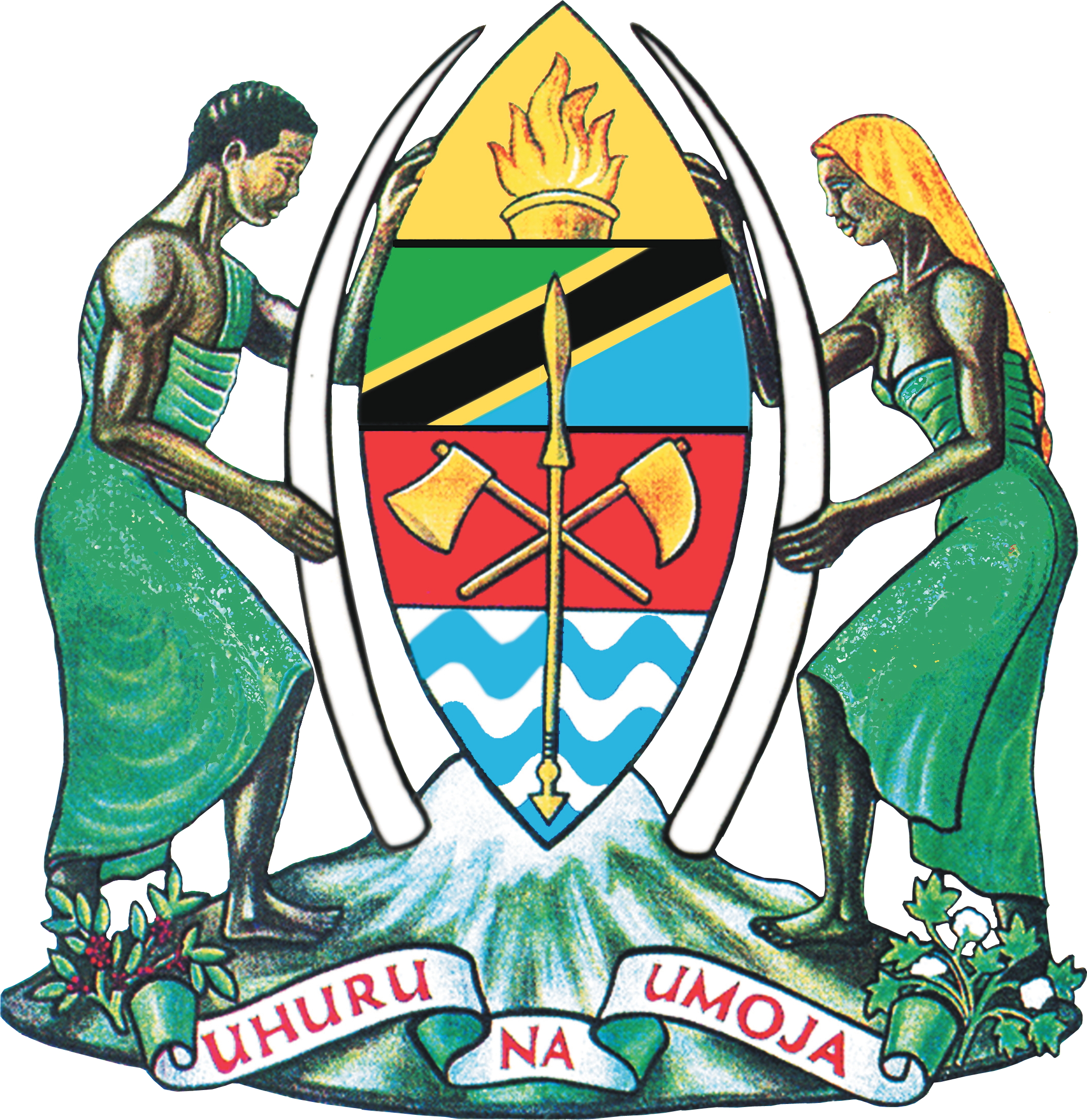Kuwawezesha Wasichana kupitia Elimu
Empowering Girls through Education
The Institute of Adult Education (IAE) in collaboration with the United Nations Educational Scientific and Cultural Organization (UNESCO) secured funds from Korea International Cooperation Agency (KOICA) to implement Empowering Girls through Education project in Kasulu, Ngorongoro and Sengerema districts. The project supports adolescent girls and young women aged between 14-24 to get basic literacy skills, pre-vocational and life-skills to overcome barriers that prevent them from participating in socioeconomic activities. More than 961 adolescent girls and young women are benefiting from the programme in Nyakitonto, Nyamnyusi, Rungwe Mpya, Titye and Heru Ushingo wards in Kasulu district, Kigoma region, Samunnge, Engaresero, Oldonyosambu, Digodigo, Kirangi and Malambo wards in Ngorongoro districts, Arusha region and Tabaruka, Nyampulukano, Mwabaluhi, Ibisabageni and Nyatukala wards in Sengerema districts, Mwanza region.
The project has the following objectives:
- To address barriers that prevent girls’ economic and social participation
- To promote girls’ empowerment through skills development
- To provide a platform for girls to tell their stories to a wider audience hence encouraging dialogue that will lead to positive action.
The IAE conducted learning needs assessment to establish the learning needs of the adolescent girls and young women in the three districts. Teaching and learning materials were adopted from other alternative learning programmes such as Integrated Post Primary Education (IPPE). A total of 13 modules were distributed to 15 established centres in Ngorongoro, Kasulu, and Sengerema districts. Also, one ICT youth learning centre was established in every district, where learners use tablets to acquire basic literacy skills in the programmes. The materials included self-instructional modules on subjects including basic literacy, mathematical operations, communicating in English and Swahili, life-skills, sexual and reproductive health, HIV/AIDS, gender, entrepreneurship and financial management skills, environmental and civic and human rights education. Learning started in July and ends in December, 2019.The beneficiaries will learn pre-vocational skills such as batik and soap making, food, oil and leather processing as well as making neckless.


